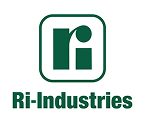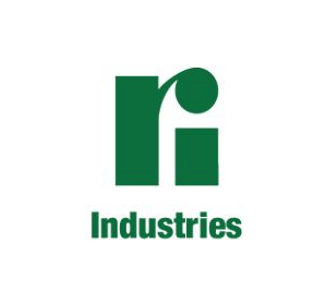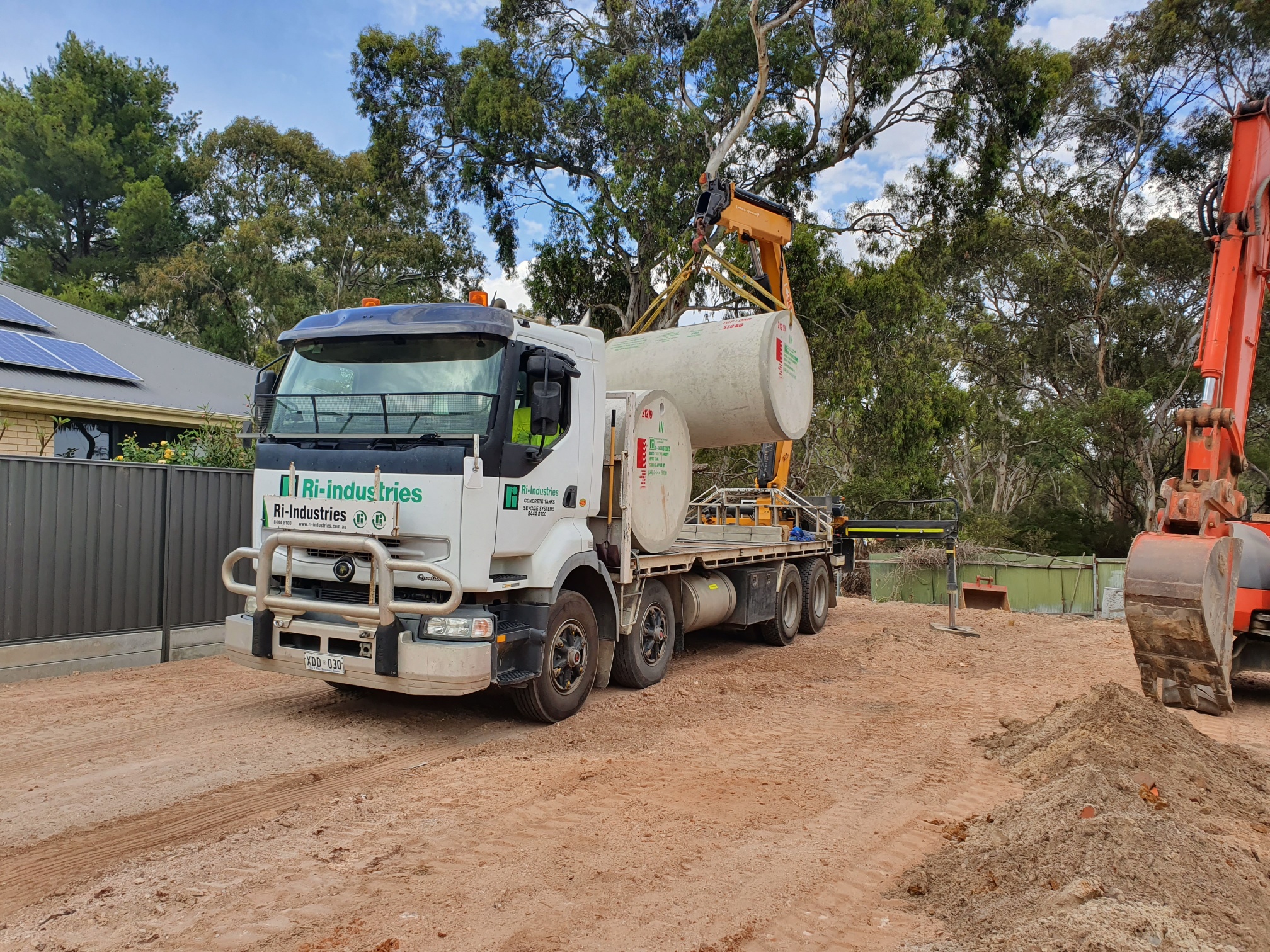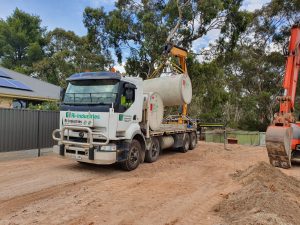Concrete septic tanks can play a significant role in sustainable living and
reducing waste. We’ve previously written a number of articles about water
conservation. You can find those articles on our website.
Today we’d like to talk about a few ways in which concrete septic tanks can
contribute to a more sustainable and environmentally-friendly way of living:
1. Waste management: Concrete septic tanks are designed to treat and
store wastewater from households, allowing for safe and effective
disposal of waste. This helps to reduce the amount of waste that
ends up in landfills and minimizes the risk of pollution and
contamination to the environment.
2. Water conservation: A properly functioning concrete septic tank can
help to conserve water by treating and reusing wastewater. This can
be particularly useful in areas where water is scarce, as it allows for a
sustainable supply of water for household and agricultural use.
3. Energy efficiency: Concrete septic tanks can be designed and
installed in a way that maximizes energy efficiency. For example,
some designs use gravity to move wastewater through the system,
which reduces the need for energy-intensive pumps.
4. Durability: Concrete septic tanks are known for their durability and
long lifespan. This means that they can last for many years with
proper maintenance, reducing the need for frequent replacements
and waste.
As you can see, concrete septic tanks can play a key role in reducing waste
and promoting sustainability in households and communities. By
effectively treating and managing wastewater, conserving water,
maximizing energy efficiency, and being durable, concrete septic tanks can
help to create a more sustainable future.
Would you like to learn more about the Ri-Industries septic tank? You may
click this link or call us at 08 8444 8100.









